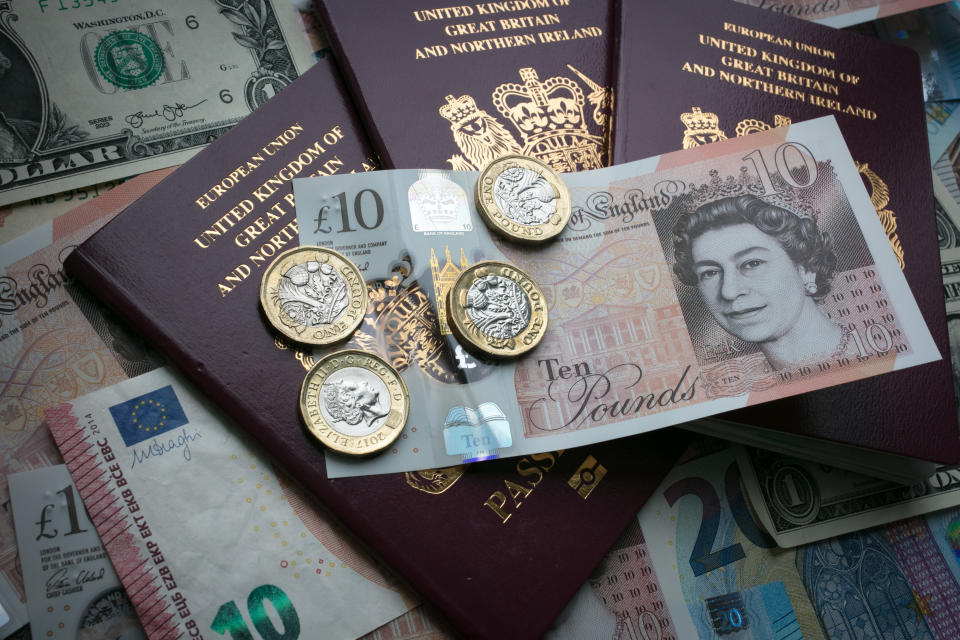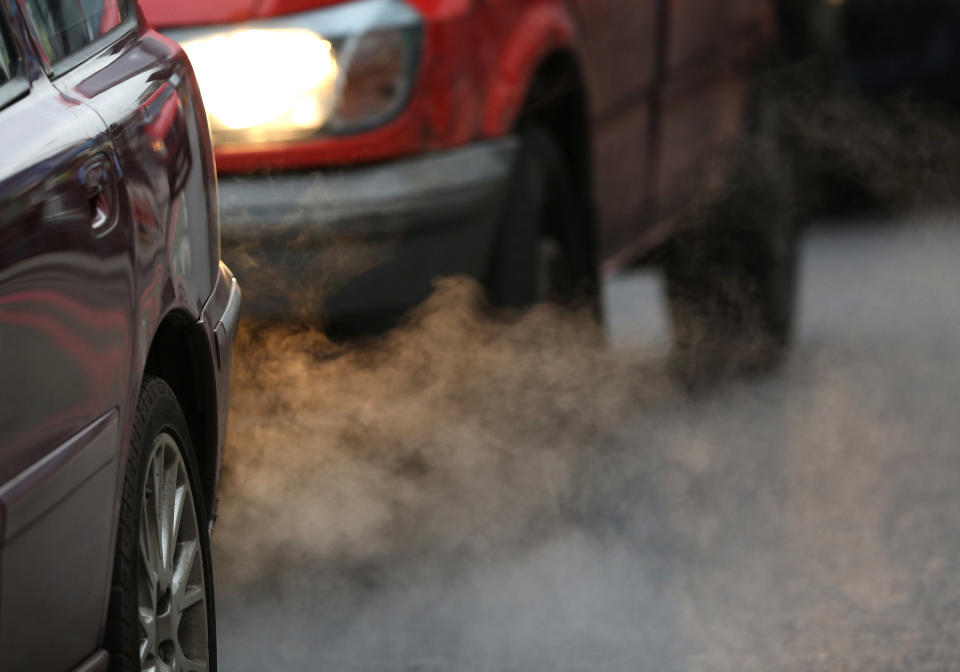Passport fees and car tax are about to go up - so how much more will you have to pay?

It’s about to get more expensive if you want to renew your passport or tax your car.
From next week, the cost of getting a new passport will increase by up to 27% if you have to apply for one through the post.
And, a challenging raft of changes to vehicle excise duty could catch many a motorist out, with some having to pay an additional £2,000 to tax a new car, depending on emissions levels.
So what is going on and how much extra could you be looking at?
Passports:
As the march towards an ever more digital future steps up pace, so “snail mail” looks to be heading backwards.
The price of applying for a passport through the post will, for the first time, cost more than getting one online.

A standard adult passport will rise from £72.50 to £75.50 for online applications and £85 for postal applications. Fees for a child passport will rise from £46 to £49 online and £58.50 in the post.
MORE: Cost of British passport set to increase significantly
The £12.50 increase for the postal service represents a 17% rise for adults and 27% for children.
The costs of other forms of application are also going up, including:
Premium service (one day) – up from £128 to £177 for standard adult passports.
Fast-track service (one week) – this is rising from £103 to £142 for standard adult passports.
The changes come into effect on March 27.
Can you beat the price rises?
There’s still time to save yourself money, even if your passport doesn’t run out until December this year.
That’s because when you renew, the time left on your existing passport is added to your new one, up to a maximum of nine months.
MORE: British passports will go back to blue after Brexit, ditching EU burgundy
You can renew on March 26 March and pay the current cheaper prices – but you won’t lose any time on your passport and your new one will be valid until December 26 2028.

Car tax rules:
The changes to vehicle excise duty come into force from April, with rates for the first year of owning a new car based on its CO2 emissions levels.
Thanks to a pretty complicated set of rules, those levels could see drivers pay nothing – or face a £2,000 fee.
Since last April, the charge for the first year – dubbed showroom tax – is still based on CO2 emissions, with big polluters paying more.
For the second and subsequent years, petrol and diesel vehicles – though not diesel vans – incur a £140 tax, while it’s £130 for alternative fuel vehicles such as hybrids, bioethanol and LPG.
MORE: Big changes on car tax are coming in April – here’s how much more you could pay
Cars costing more than £40,000 have to pay an additional rate of £310 a year for the first five years.
This will be the case even for zero emission, pure electric cars, such as Tesla’s Model S.
But owners of so-called “dirty diesels” will be hit hardest. Chancellor Philip Hammond announced in his Autumn Budget that all new diesel cars from 1 April 2018 will face going up a VED band if they fail to meet the latest Euro 6 standards under real-world testing.
Experts say a new Ford Focus might see an increase of £20 in the first-year rate while a Porsche Cayenne will see a rise of £500.
The changes only apply to new diesel cars, not vans, and do not impact the subsequent £140 yearly fees all car owners have to pay after the first year.

 Yahoo Finance
Yahoo Finance 
